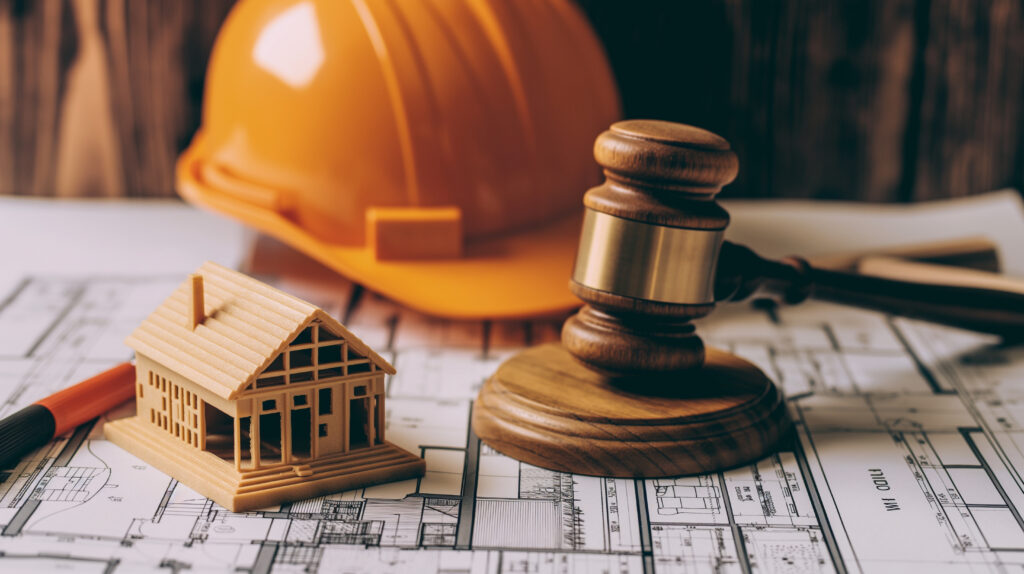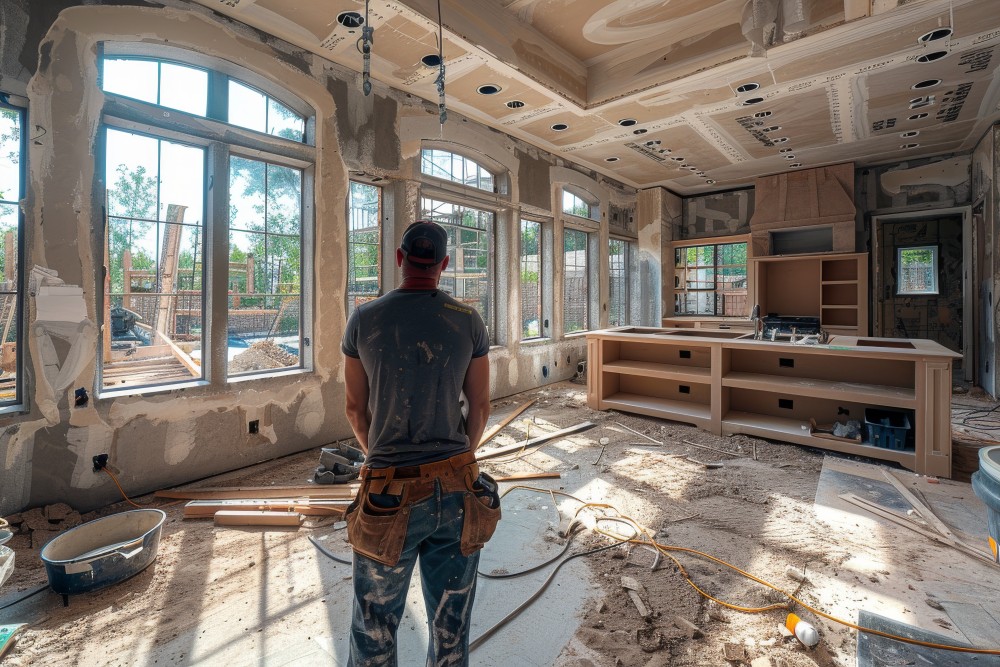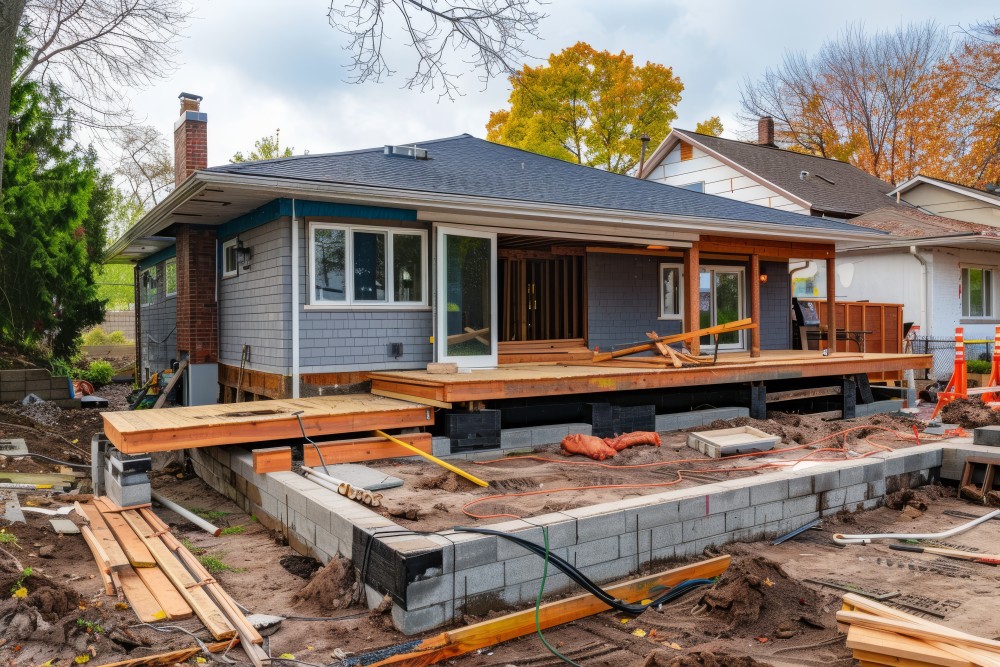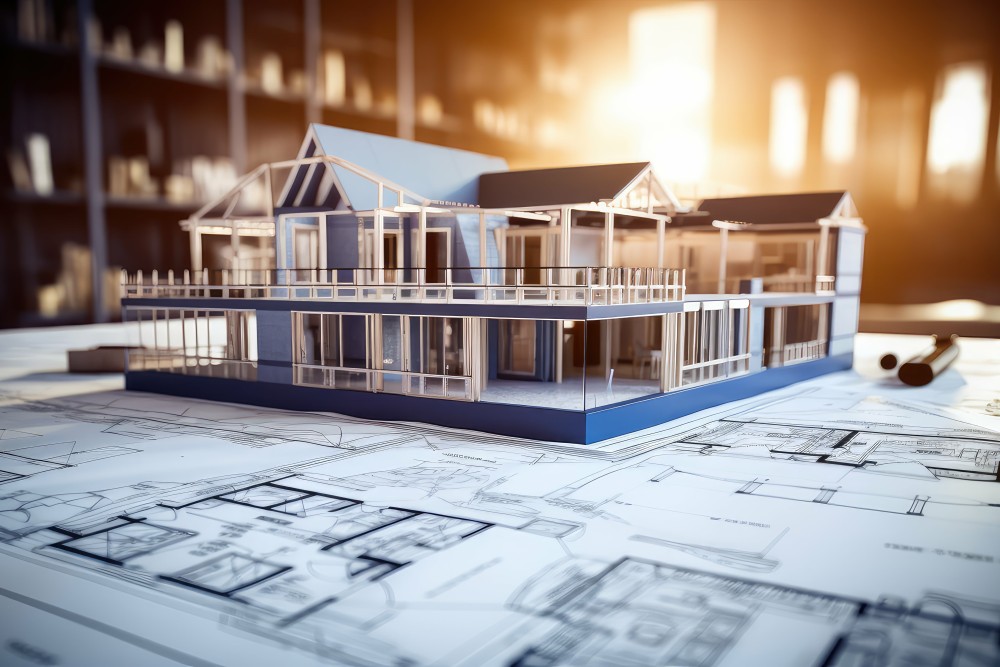1. Planning and Design Phase
Initial Consultation and Visioning
- Timeline: 1-2 Weeks
- Activities: Meet with architects, designers, or contractors to discuss your vision, goals, and budget for the renovation. Gather ideas, inspiration, and preliminary sketches.
Feasibility Study and Budgeting
- Timeline: 2-3 Weeks
- Activities: Conduct a feasibility study to assess the project’s scope, cost, and potential challenges. Develop a preliminary budget based on initial estimates and desired outcomes.
Design Development
- Timeline: 4-8 Weeks
- Activities: Work with your designer or architect to create detailed design plans, including floor plans, elevations, and material selections. This phase may involve several iterations and refinements to finalize the design.
Join HICP Homeowner’s Alliance
Connect with experts, get special discounts and enjoy member benefits
2. Pre-Construction Phase
Permits and Approvals
- Timeline: 2-6 Weeks
- Activities: Submit the necessary plans and documents to obtain building permits and approvals from local authorities. The timeline can vary depending on the complexity of the project and local regulations.
Contractor Selection
- Timeline: 2-4 Weeks
- Activities: Solicit bids from contractors, evaluate their proposals, check references, and select the right contractor for your project. Finalize contracts detailing the scope of work, timeline, and payment terms.
Material Selection and Ordering
- Timeline: 2-4 Weeks
- Activities: Choose and order all materials, fixtures, and finishes needed for the project. Account for lead times and ensure that materials will be available when needed.
3. Construction Phase
Site Preparation and Demolition
- Timeline: 1-2 Weeks
- Activities: Clear the renovation area, protect existing structures, and perform demolition work. This stage may involve removing walls, flooring, and other existing elements.
Structural Work and Framing
- Timeline: 2-4 Weeks
- Activities: Perform structural work such as framing new walls, reinforcing foundations, and installing new support beams. This stage sets the foundation for the rest of the project.
Rough-In Work (Plumbing, Electrical, HVAC)
- Timeline: 2-6 Weeks
- Activities: Install or update plumbing, electrical wiring, and HVAC systems. This phase requires inspections to ensure compliance with building codes and safety standards.
Insulation and Drywall
- Timeline: 1-3 Weeks
- Activities: Install insulation to improve energy efficiency and then hang, tape, and finish drywall to create walls and ceilings.
Flooring Installation
- Timeline: 1-2 Weeks
- Activities: Install new flooring materials, such as hardwood, tile, or carpet. Ensure proper acclimation of materials before installation to prevent issues later on.
Interior Finishes
- Timeline: 2-4 Weeks
- Activities: Complete interior finishes, including painting, trim work, cabinetry, and installation of fixtures and appliances. This stage brings the design elements together and adds aesthetic value.
Final Inspections and Touch-Ups
- Timeline: 1-2 Weeks
- Activities: Conduct final inspections to ensure all work meets building codes and quality standards. Address any punch list items, such as minor repairs or adjustments, to complete the project.
4. Post-Construction Phase
Final Walkthrough
- Timeline: 1-2 Days
- Activities: Perform a final walkthrough with your contractor to review the completed work, ensure all tasks are finished, and confirm that the project meets your expectations.
Cleanup and Move-In
- Timeline: 1 Week
- Activities: Clean the renovation area thoroughly, remove construction debris, and prepare the space for move-in. Arrange for final cleaning services if necessary.
Post-Renovation Maintenance
- Ongoing: Schedule regular maintenance to keep your new space in top condition. This includes servicing HVAC systems, inspecting plumbing and electrical systems, and performing routine upkeep on finishes and fixtures.
Factors Affecting the Timeline
Project Scope and Complexity
- Scope: Larger projects or those involving structural changes will take longer than smaller, cosmetic updates.
- Complexity: Projects with intricate design elements, custom materials, or extensive mechanical work will require more time.
Permits and Inspections
- Local Regulations: The time required to obtain permits and pass inspections can vary significantly based on local regulations and the complexity of the project.
- Scheduling: Coordination of inspections at various stages of the project can impact the timeline.
Material Availability
- Lead Times: Availability of materials and fixtures can affect the project schedule. Delays in material delivery can cause significant setbacks.
- Custom Orders: Custom or specialized materials may require longer lead times and should be ordered well in advance.
Contractor Availability
- Scheduling: The availability and schedule of your contractor and subcontractors can impact the timeline. High-demand contractors may have longer lead times.
- Coordination: Efficient coordination between various trades (plumbers, electricians, carpenters) is crucial to staying on schedule.
Weather Conditions
- Seasonal Factors: Weather conditions can affect outdoor projects, such as roofing or exterior renovations, and may cause delays.
Conclusion
Understanding the timeline of a home renovation project is essential for effective planning and execution. By breaking down the project into distinct phases—planning and design, pre-construction, construction, and post-construction—you can manage your expectations and ensure that each stage is completed efficiently. Keep in mind that factors such as project scope, permits, material availability, contractor scheduling, and weather conditions can influence the timeline. With careful planning, clear communication, and flexibility, you can navigate the renovation process smoothly and achieve your desired results.



















